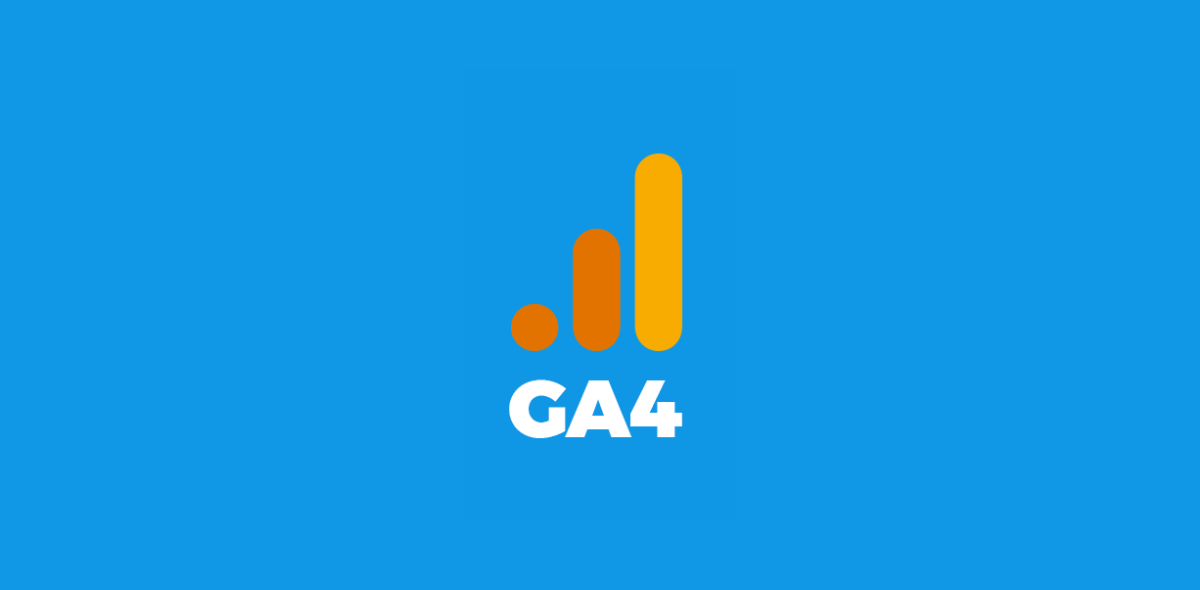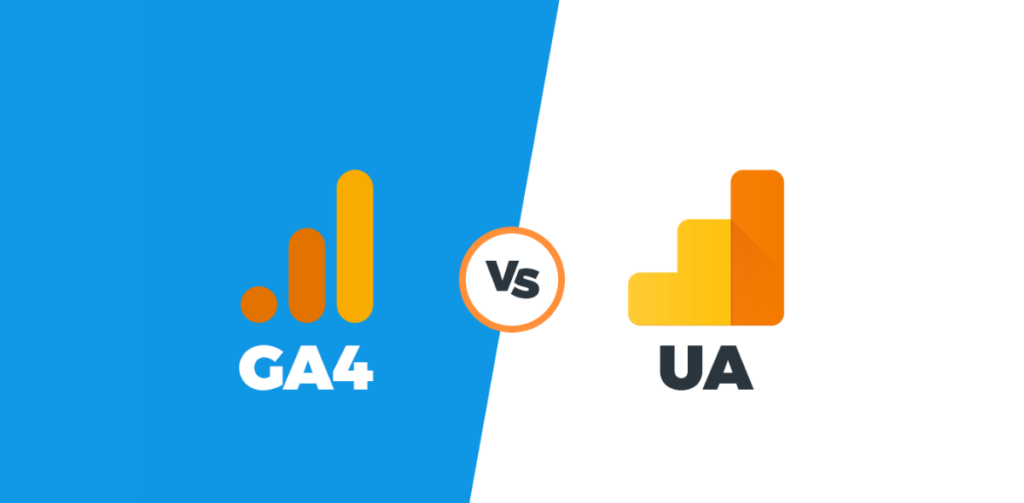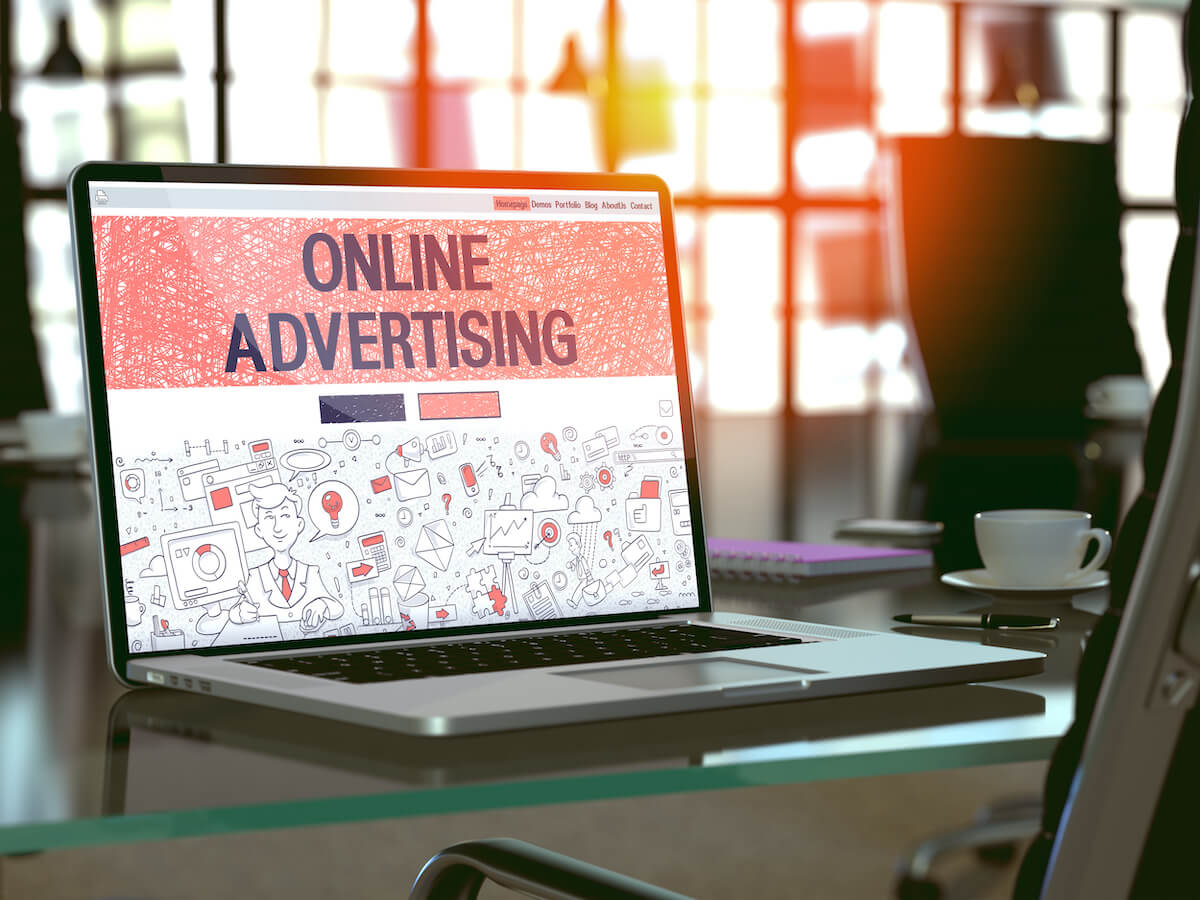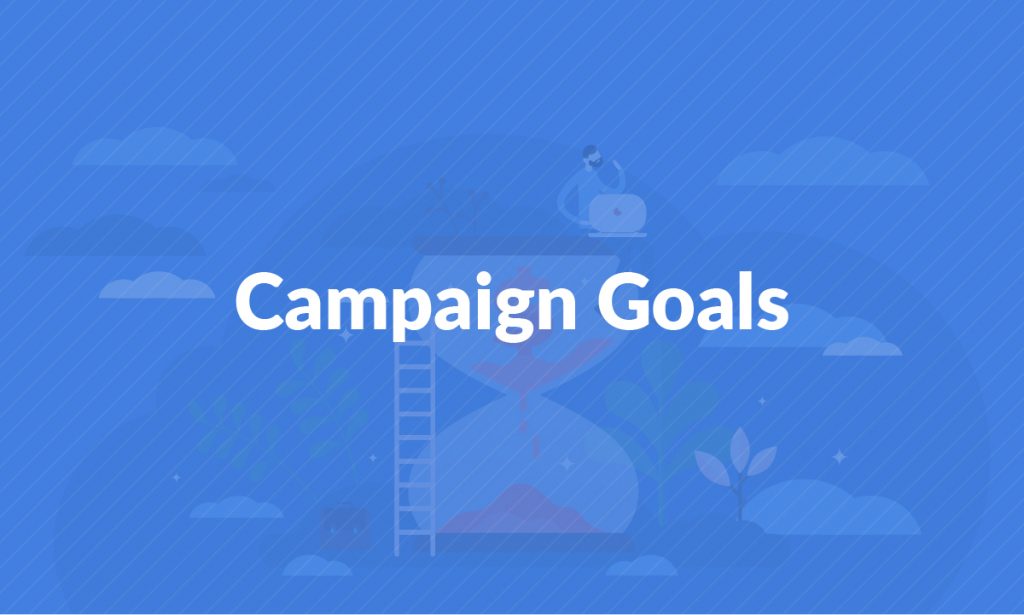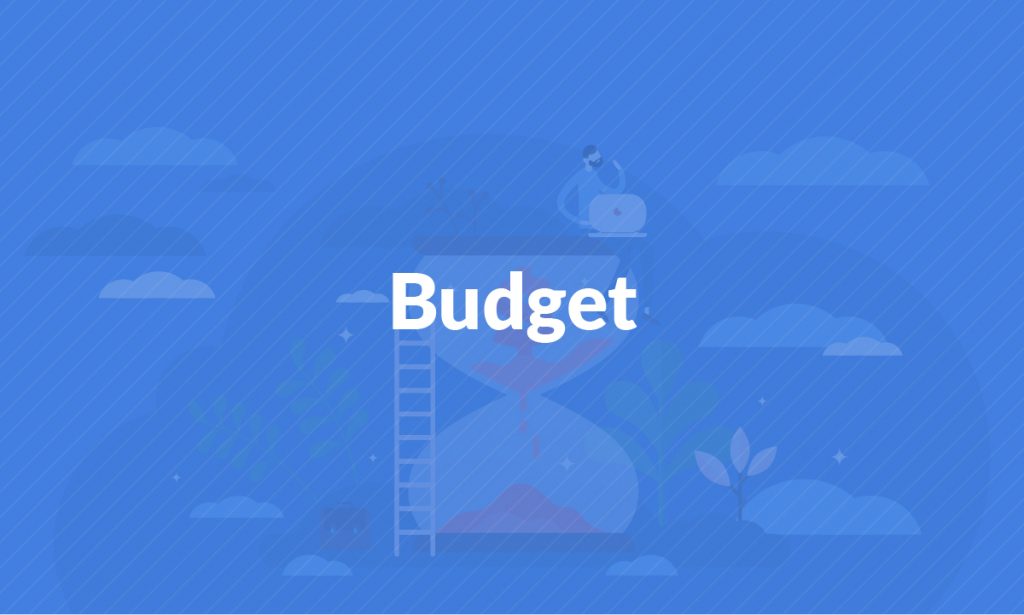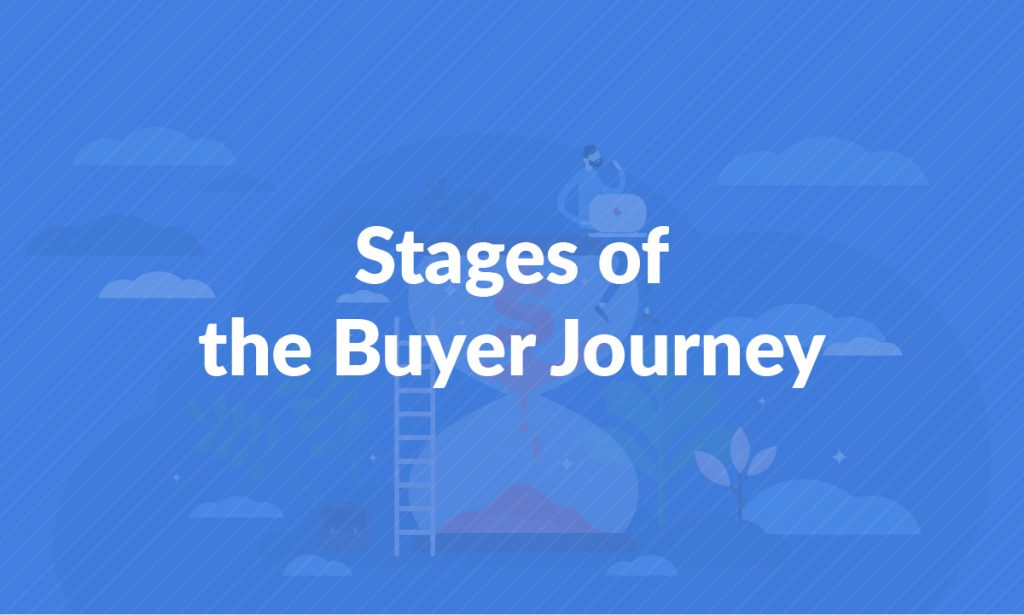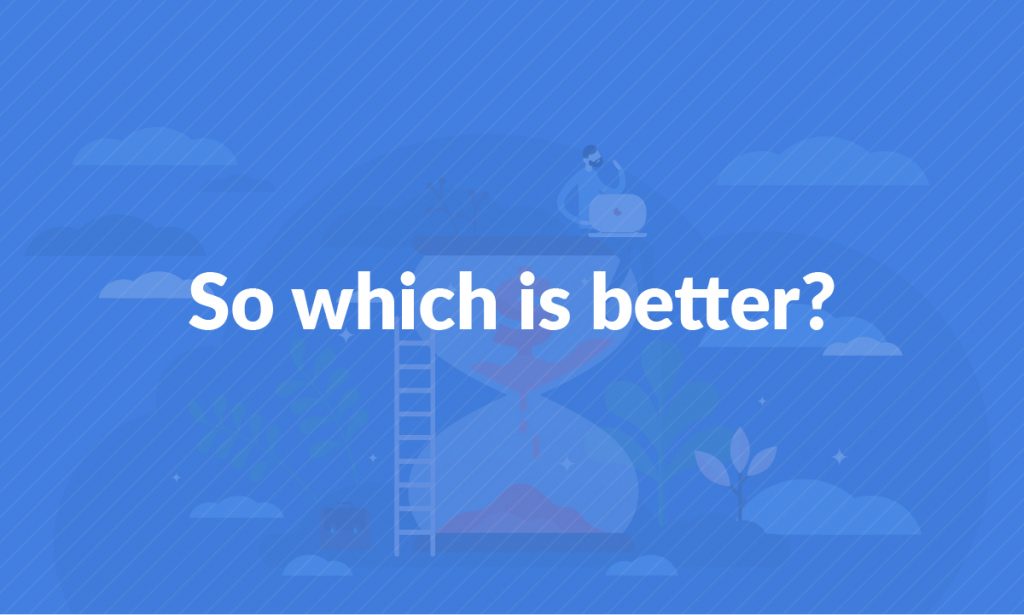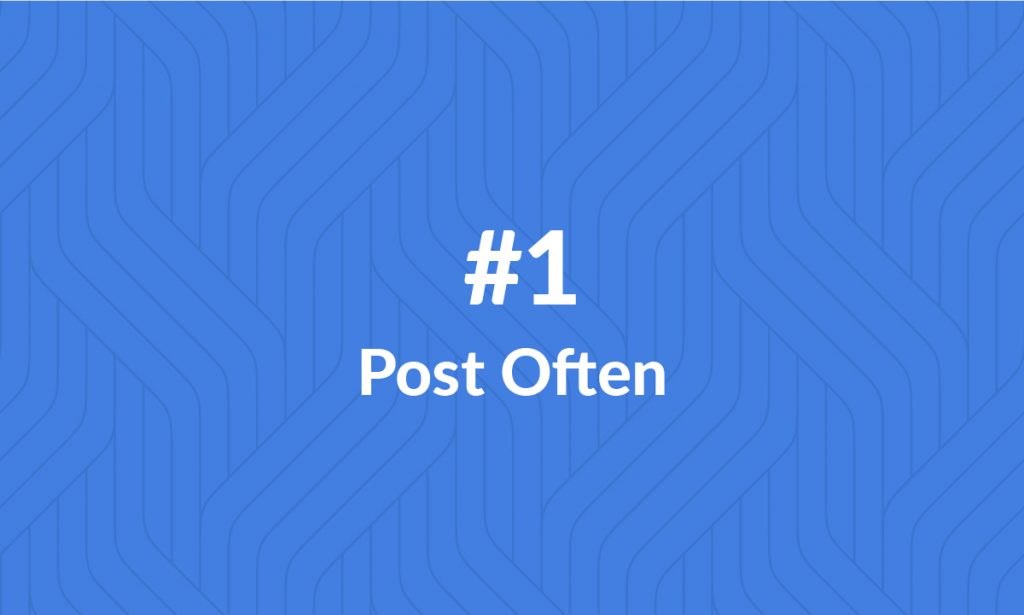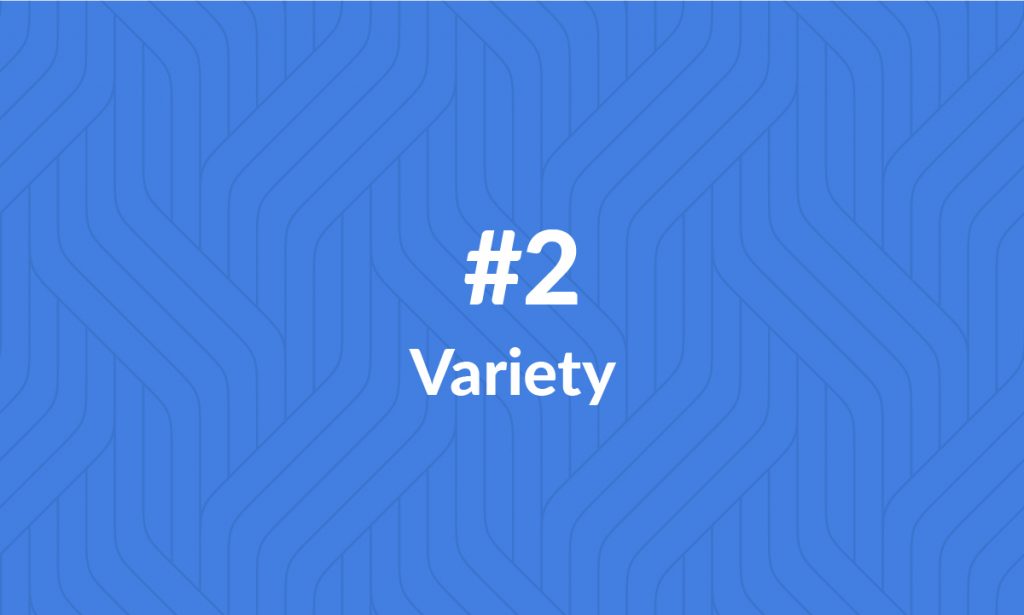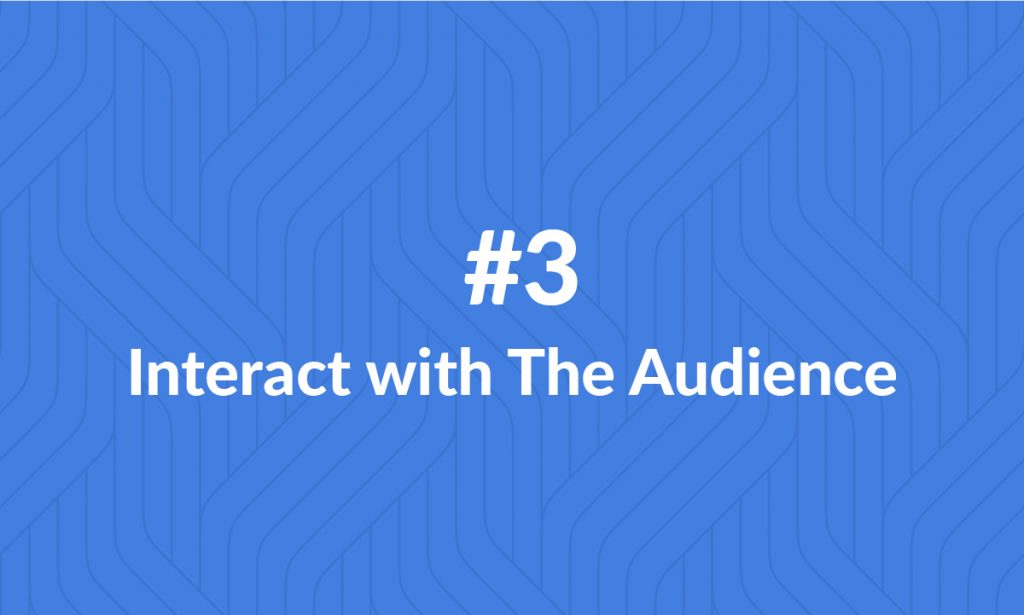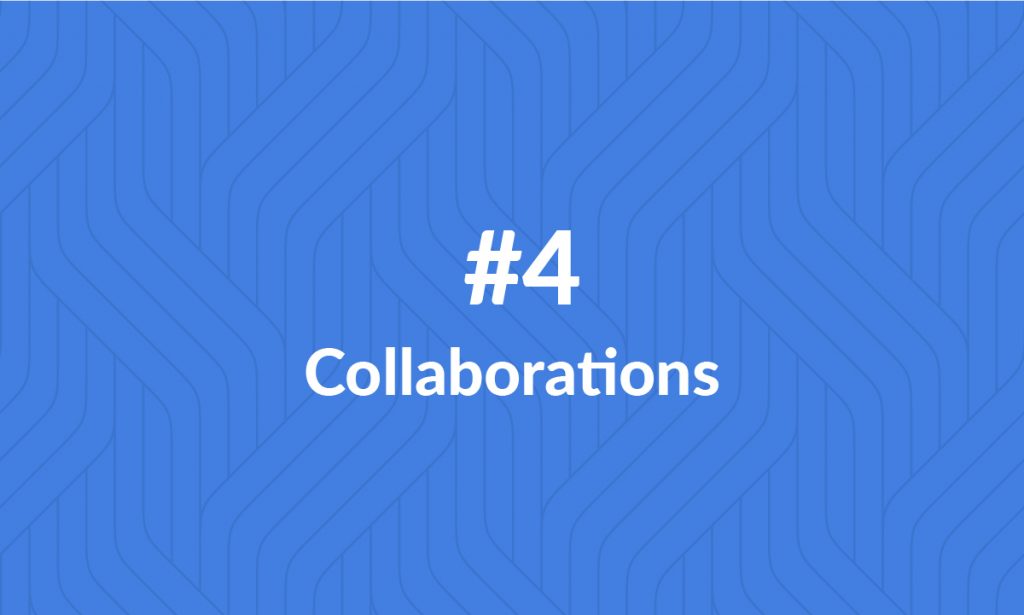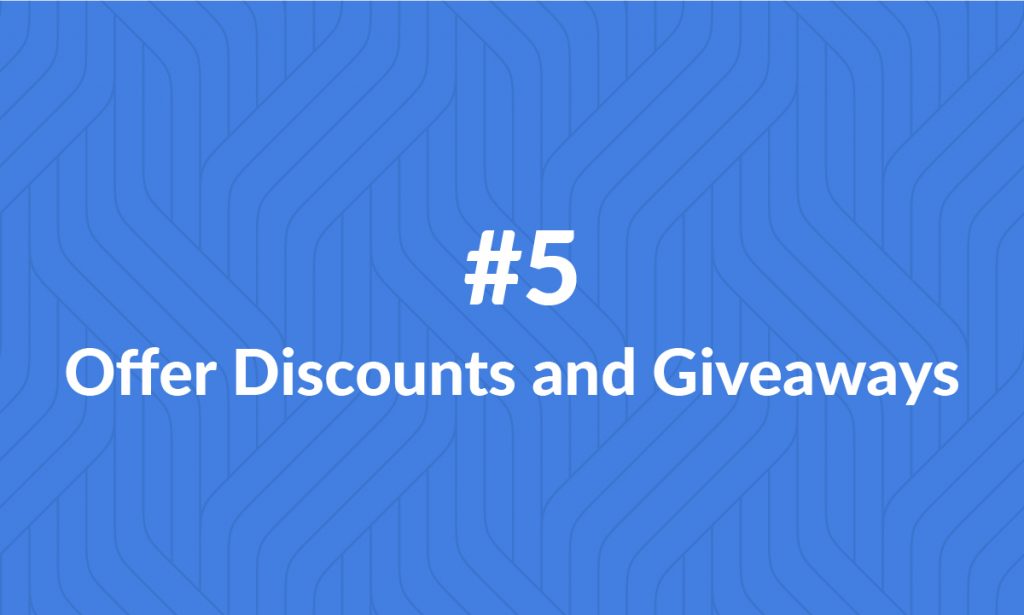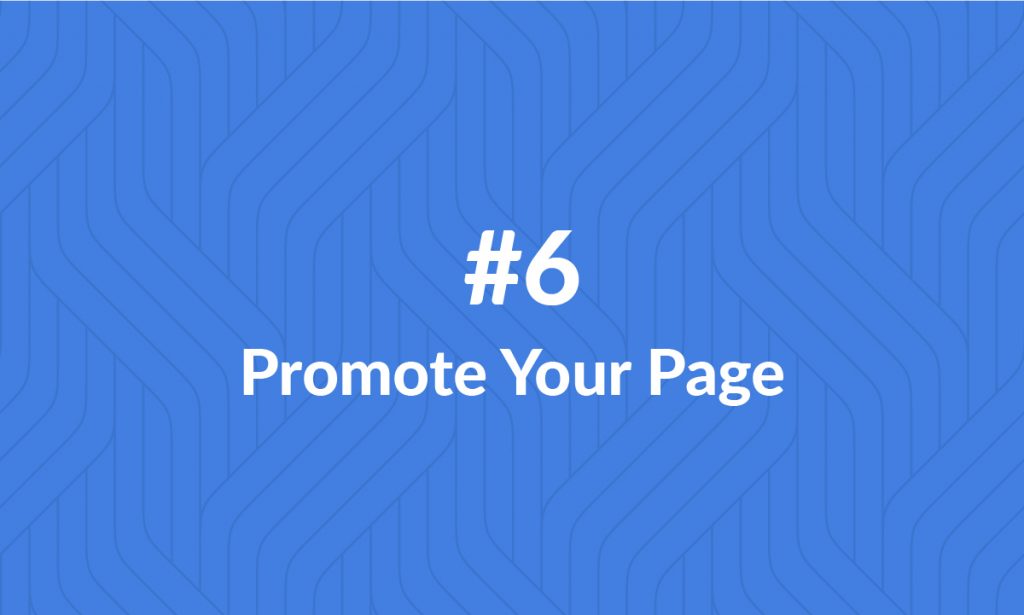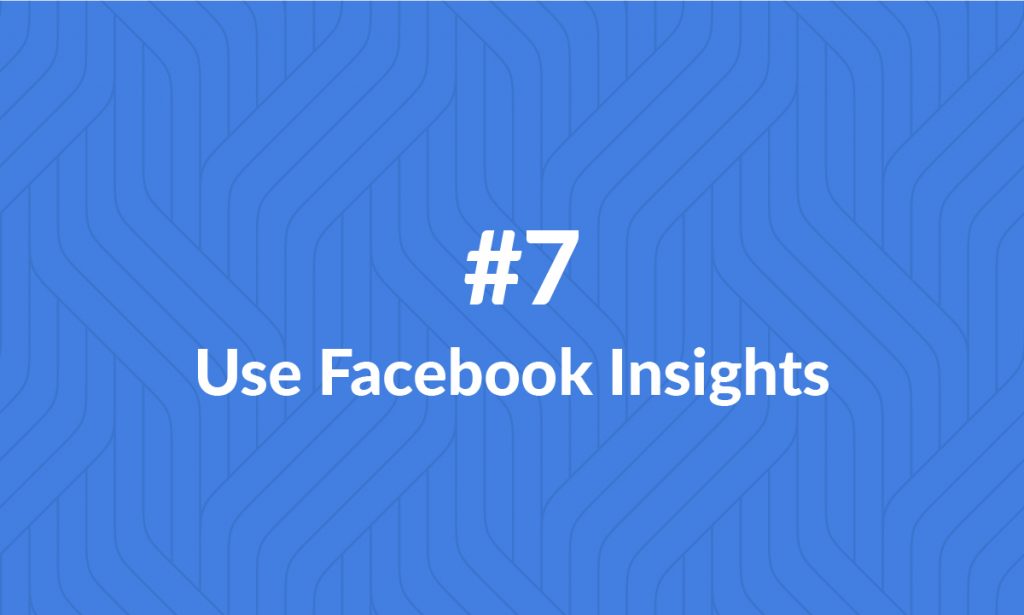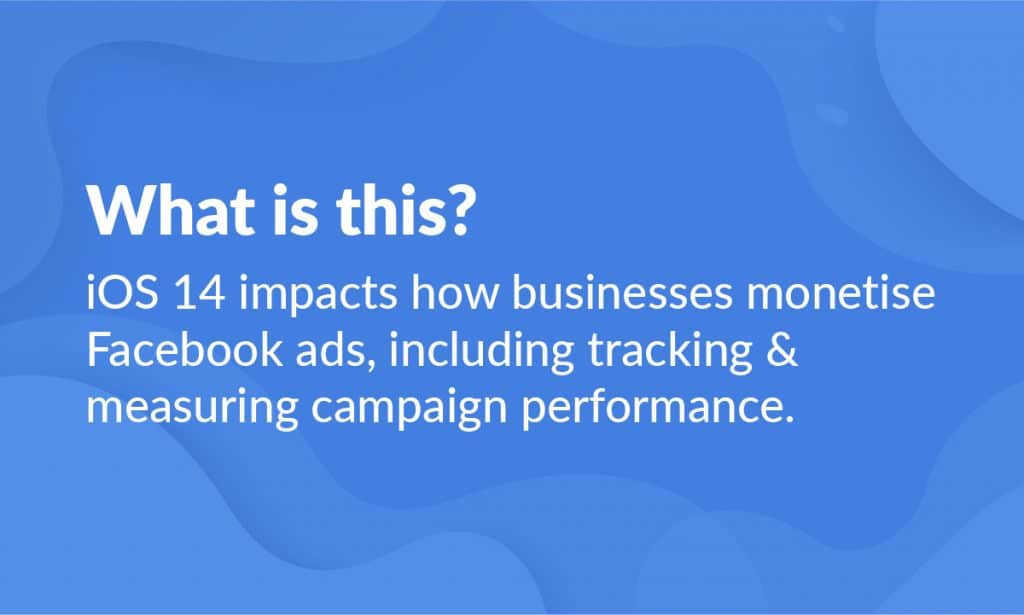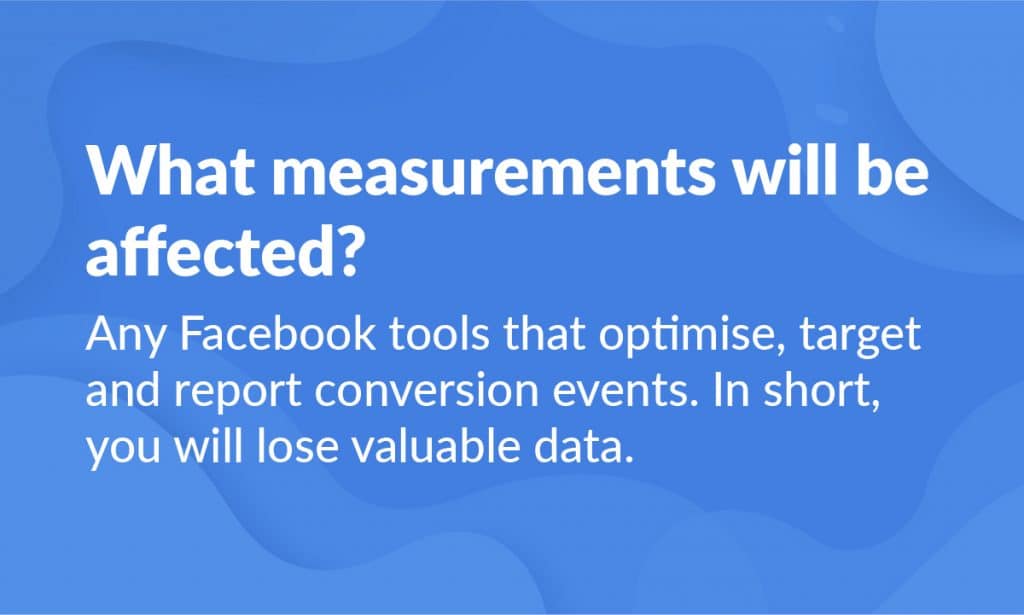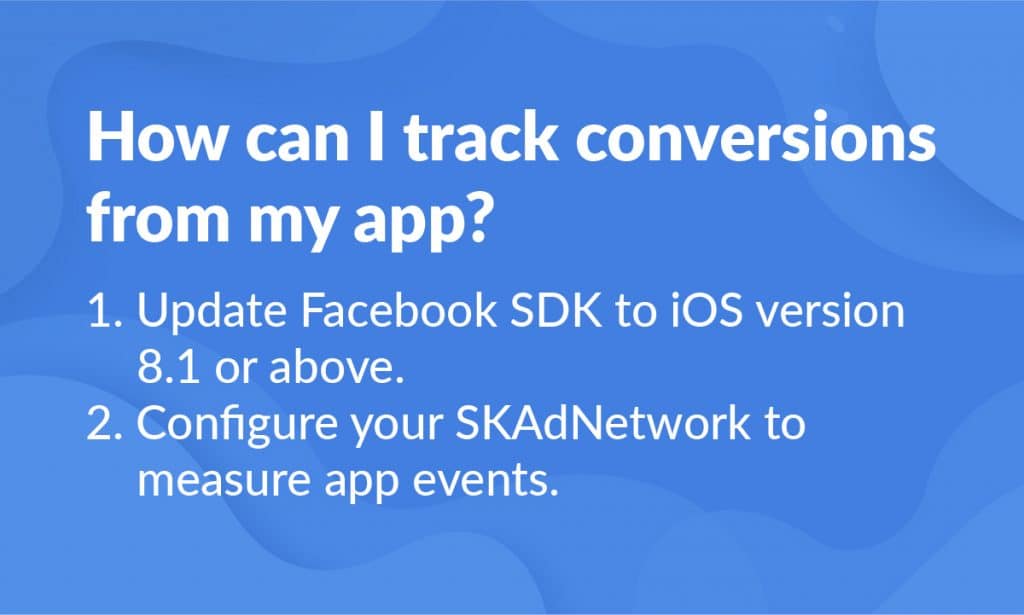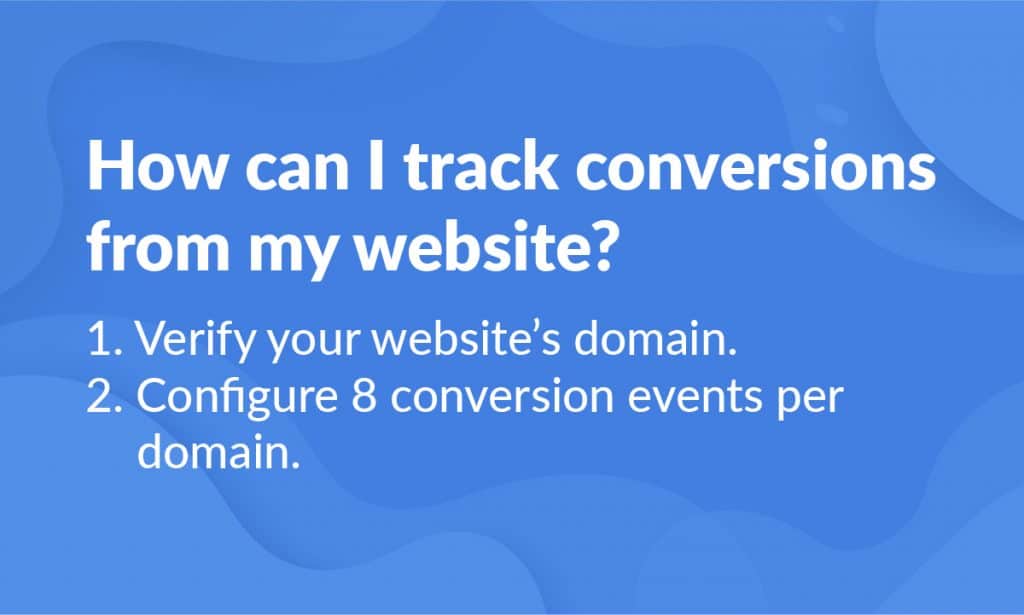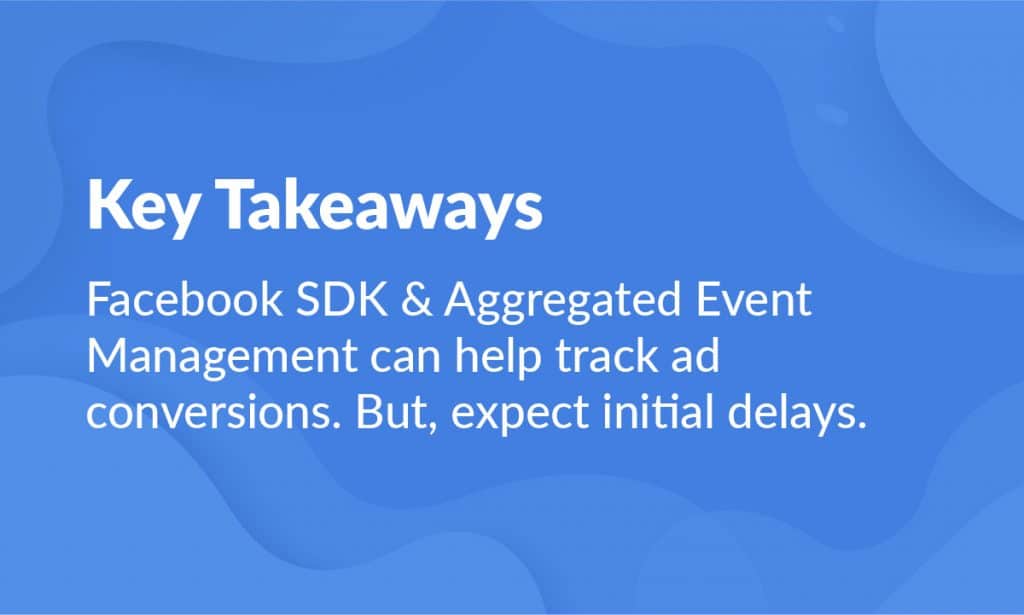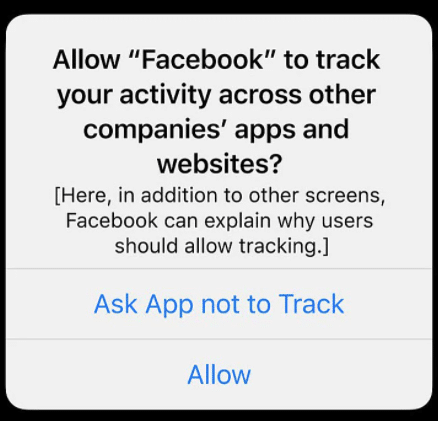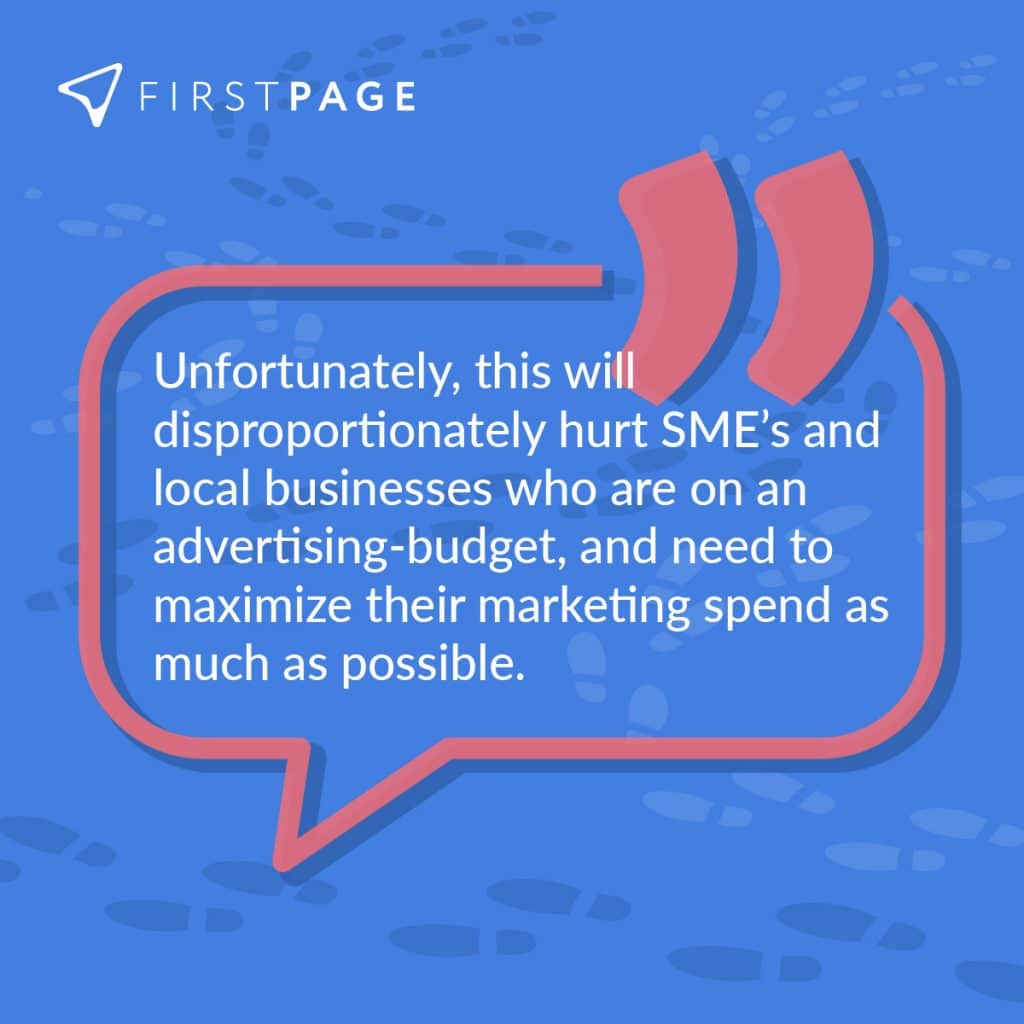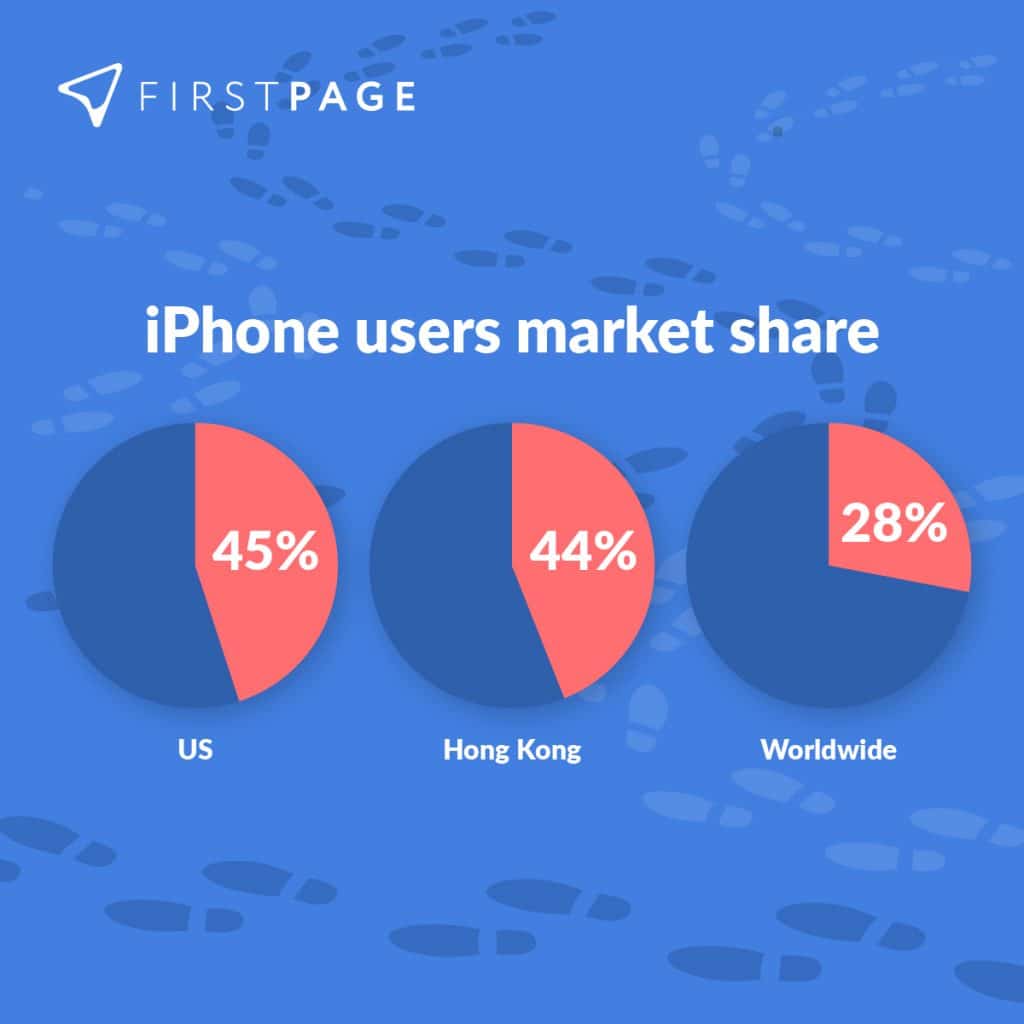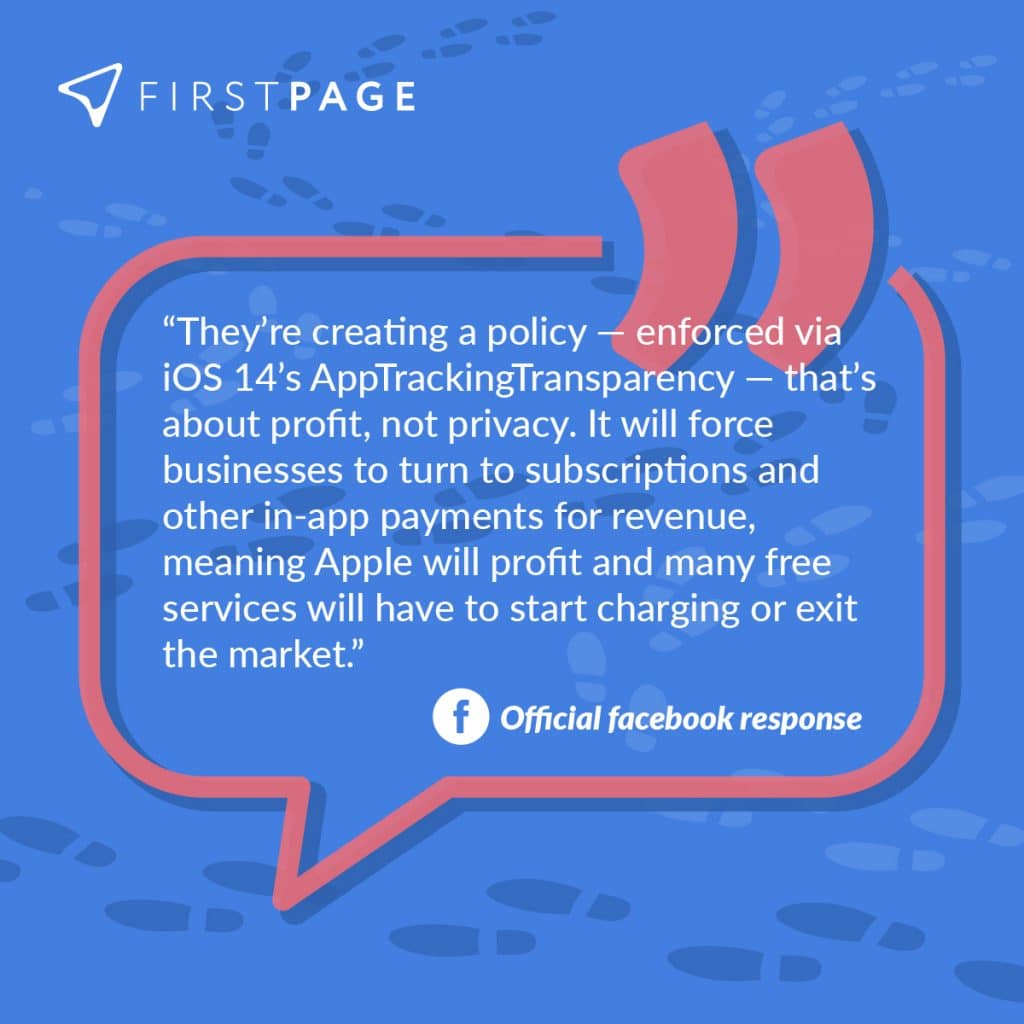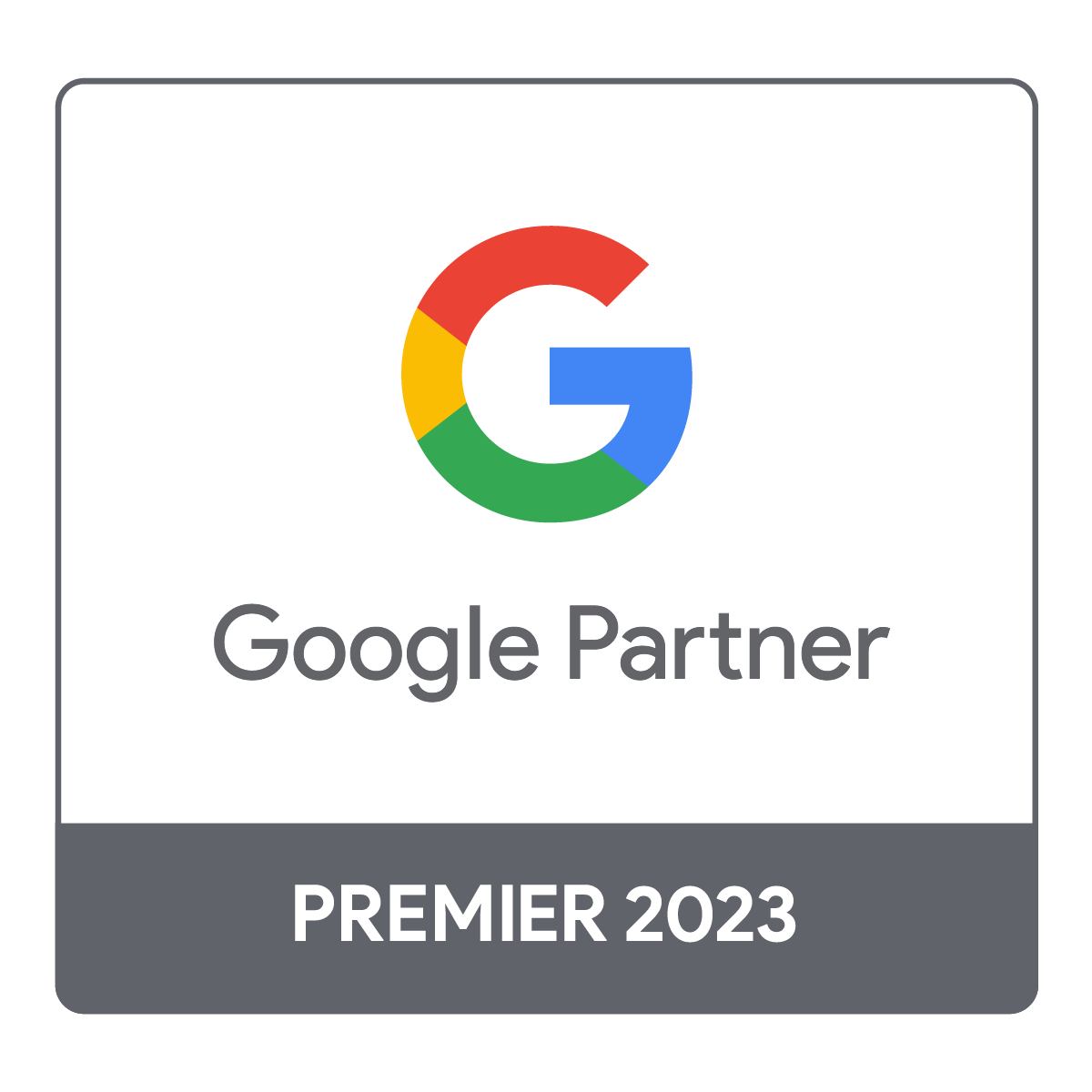As a small business owner in Hong Kong, you know that competing against the big guys can be tough. But with the right marketing tools, you can give them a run for their money. This blog post will discuss three key marketing strategies: content marketing, SEO, and PPC. We’ll also provide tips on how to implement each strategy effectively. These additions to your small business marketing strategy will make a massive impact on sales. So if you’re ready to take your business to the next level, keep reading!
Table of contents
- What is an SME?
- SME digital marketing is on the rise in Hong Kong
- Options for long- and short-term SME digital marketing
- What are the options for long-term SME digital marketing in Hong Kong?
- What are the options for short-term SME digital marketing in Hong Kong?
- Final thoughts
- What else can you do to improve your digital marketing?
What is an SME?
SME stands for small and medium enterprises. SMEs are businesses that have between 1 and 499 employees. SMEs are the backbone of many economies.
They account for a large percentage of all jobs globally, especially here in Hong Kong. SMEs are important because they are nimble and innovative, and have the ability to adapt to change quickly.
SMEs are also important because they create jobs and contribute to economic growth. Besides, SMEs are a key source of new products and services. Because of this, they play a vital role in keeping the Hong Kong economy competitive.
SME digital marketing is on the rise in Hong Kong
SME digital marketing is on the rise in Hong Kong as businesses of all sizes look to get an edge on the competition.
From email marketing and social media to search engine optimization and online advertising, SMEs turn to digital channels to reach their target audiences. And with good reason: HK SMEs that use digital marketing strategies are twice as likely to see revenue growth compared to those that don’t.
Moreover, digital marketing is cost-effective and can be tailored to fit any budget. With so much to gain, it’s no wonder that SME digital marketing is on the rise in Hong Kong.
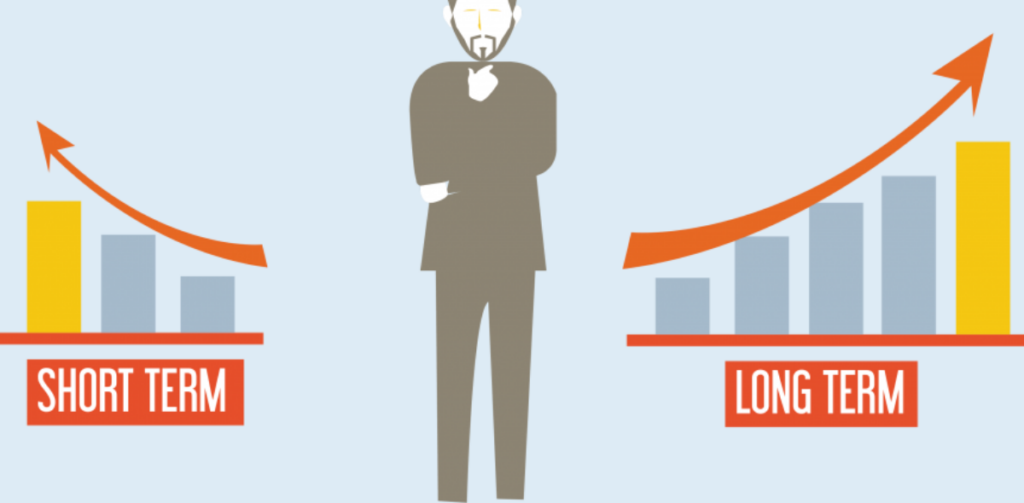
Options for long- and short-term SME digital marketing
SME digital marketing can be a complex and challenging process. Yet, many options are available to businesses looking to improve their online presence.
For businesses with a limited budget or those just starting out, short-term SME digital marketing campaigns like PPC can be an effective way to raise awareness and generate leads.
However, for businesses looking to increase their visibility and build a solid online presence permanently, long-term SME digital marketing strategies are necessary. These may include search engine optimization (SEO), content marketing, and social media marketing.
Long-term SME digital marketing campaigns can be more costly and time-consuming than short-term ones. But, they are typically more effective in the long run in terms of building brand awareness and generating leads and sales.
Let’s take a look!
What are the options for long-term SME digital marketing in Hong Kong?
SMEs must be prepared to commit to a long-term digital marketing strategy to see lasting results. Building a successful online presence takes time, and SMEs must be willing to invest the necessary resources and money.
Here are our suggested long-term digital marketing tactics. With a little effort, SMEs can create a powerful online presence that will help them compete in the modern marketplace.

How to use content marketing as a base
A multi-channel SME digital marketing strategy follows the adage that content is king since it serves as the cornerstone for all other strategies.
Why is content so crucial for SMEs?
Every significant aspect of digital marketing begins with content. Suppose there is no content on your website when visitors arrive. In that case, all of your efforts in search engine optimization, social media marketing, PPC, and other areas will be for nothing.
Both search engines and many social media sites place a strong emphasis on content in their ranking algorithms.
To get ahead, SMEs should put their efforts into developing a content marketing plan that integrates various digital marketing tactics, including keyword research, blogs, cornerstone, social media, and even paid social media advertising. Since content is such a significant ranking factor for search engines, businesses will benefit from more shares and inbound links, which will help them attract clients and generate leads for sales inside the SEO sales funnel.
What is E-E-A-T content, and why it matters?
EEAT content is that which helps your users meet their E-E-A-T needs. E-E-A-T stands for experience, engagement, awareness, and trust. Great content must have all three of these E-E-A-T qualities to be effective.
Experience:
Here, you have to demonstrate that you have actual experience with what you are writing about. When evaluating the content, Google considers the writer’s first-hand or (life) experience relating to the topic.
Engagement:
With engagement, it is referring to how well your content holds the attention of your target audience. Is it interesting? Informative? Entertaining? Engaging content keeps users coming back for more, making them loyal customers.
Awareness:
When we talk about awareness, what it means is how well your target audience knows your brand. If you want to increase brand awareness, your content must be shareable and visible to as many people as possible. You can promote your content through social media, email marketing, and other channels.
Trust:
Trust is always important. Your target audience won’t engage with or buy from your brand if they don’t trust you. You can build trust by creating helpful and accurate content that solves users’ problems. If you do this, you’ll have not only satisfied customers but also gained a loyal following who think of you first when they need help or information.
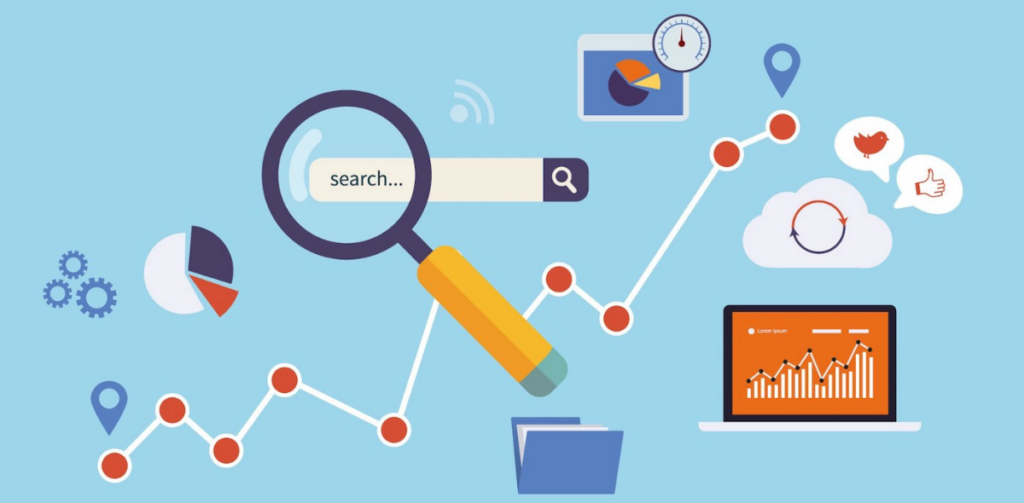
Why is SEO crucial for SMEs?
Search engine optimization is important for SME businesses because it helps them to be found online by potential customers.
SEO is the process of optimizing a website for Google’s search engine, and it includes things like choosing the right keywords and making sure that the website’s code is clean and search engine friendly.
There are a few simple things that SME businesses can do to improve their visibility and ranking. One thing is that you can make sure that their website is well-designed and user-friendly. You can also build backlinks to their website from high-quality websites.
By taking the time to optimize their website, SMEs can make sure that they are visible to people who are looking for their products or services online.
This can lead to more website traffic and, ultimately, more sales. While SEO can be time-consuming and requires some technical knowledge, it is an essential tool for any business that wants to be successful online.
What are the options for short-term SME digital marketing in Hong Kong?
There are several digital marketing tactics that can be used to drive short-term results for SMEs.
One popular option is pay-per-click (PPC), which can be used to target potential customers who are actively searching for products or services that your business offers.
Social media marketing is another effective option and can be used to create engaging content that builds brand awareness and drives traffic to your website.
In addition, email marketing can be used to cultivate relationships with potential and existing customers and can drive direct sales.
Ultimately, the best digital marketing strategy for your business will depend on your specific goals and objectives. However, these three tactics are all effective options for driving short-term results for SMEs in Hong Kong.
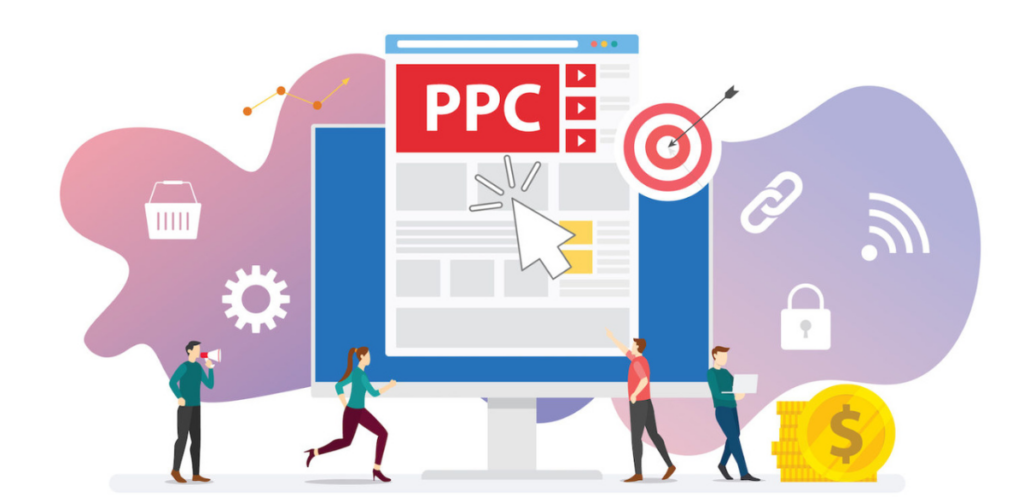
How can your SME benefit from PPC?
PPC, or pay-per-click, advertising, is a form of online marketing that allows businesses to advertise their products and services on search engines and other websites. When a PPC ad is clicked, the advertiser pays a fee to the publisher. PPC can be an effective way for small and medium-sized businesses to reach new customers and grow their businesses.
There are several benefits of PPC for SMEs in Hong Kong. PPC can be a cost-effective way to reach potential customers, as businesses only pay when their ads are clicked. PPC ads can also target specific demographics, interests, and locations.
This means that businesses can tailor their PPC campaigns to reach their target audiences. Additionally, PPC can be used to drive traffic to a website or landing page, where customers can learn more about the business and its products or services.
If your SME is looking for a cost-effective and targeted way to reach new customers, then PPC may be the right choice for you. With PPC, you can control your advertising budget and reach your target audience with laser precision. If you’re ready to take your business to the next level, then it’s time to consider PPC advertising.
What is in it for you with social media marketing?
As the owner of an SME, you may be wondering whether social media marketing is worth your time and effort. After all, with so many other demands on your time, it can be difficult to justify spending hours on Facebook or Twitter. However, there are several good reasons why social media marketing can be a valuable investment for your SME.
For starters, social media platforms like Facebook and Twitter offer highly effective opportunities for paid advertising (also known as pay-per-click, or PPC). With PPC, you can target your ads to appear only to users who match your desired demographic criteria, such as location, age, gender, interests, and more. This ensures that your ads are seen by people who are most likely to be interested in your products or services.
In addition to PPC, there are also numerous other benefits that come from having an active social media presence. For example, social media platforms can be used to build relationships with customers and promote word-of-mouth marketing.
Social media can also be used to generate leads and drive website traffic. In short, there are many ways in which social media marketing can benefit your SME.
If you’re doing business in Hong Kong, then you’ll need to make sure you’re using social media effectively. With its large population and high density of internet users, Hong Kong provides an excellent opportunity for businesses to reach a broad audience through social media marketing. By taking advantage of the unique features of each platform and targeting your ads carefully, you can ensure that your SME gets the most out of social media marketing.
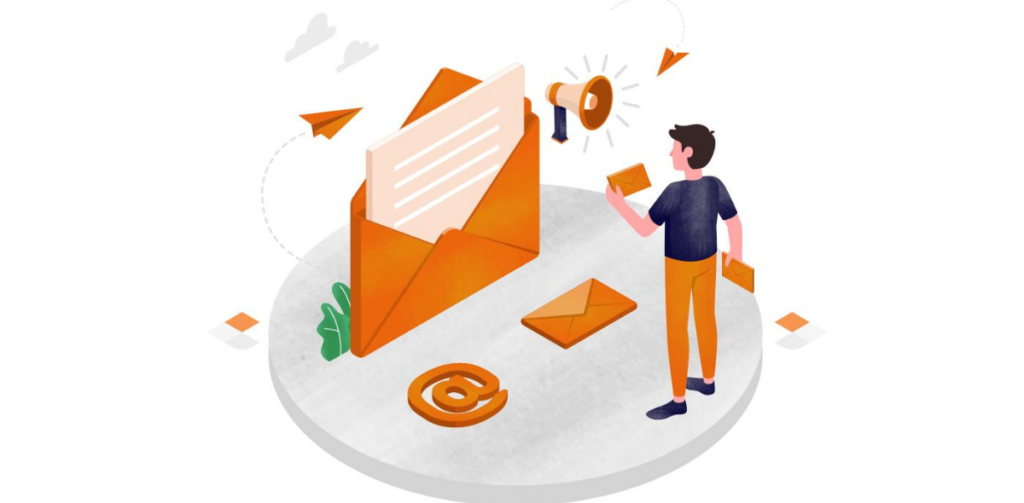
Is email marketing worth it for an SME?
Email marketing is simply the act of sending a commercial email, typically to a group of people, to make sales. Email marketing has been around almost as long as the internet itself, and it’s still one of the most effective ways to reach your audience. There are plenty of benefits of email marketing for SMEs, which is why it’s still so popular in Hong Kong.
For starters, email marketing is incredibly cost-effective. It’s often said that email is the most cost-effective form of marketing, and that’s especially true for SMEs who are working with limited budgets. Email marketing can also be highly targeted, meaning you can send messages to specific segments of your audience who are more likely to be interested in what you have to say.
With email marketing, an SME can build relationships with your customers. It is possible with email marketing to stay in touch with your audience regularly. You can offer them valuable content that will help them make buying decisions. You can also use email to cultivate loyalty among your best customers and turn them into advocates for your business.
So if you’re thinking about email marketing for your SME, rest assured that it’s still a worthwhile investment. Just be sure to put together a strong email campaign that will deliver results.
Final thoughts
To stay competitive in the Hong Kong market, SMEs need to focus on creating high-quality content, optimizing their website for search engine ranking, and using pay-per-click advertising.
By following these simple tips, your business can reach more customers and drive sales growth.
If you’re looking for more marketing tips or want to learn about how our team can help with your Hong Kong SME’s digital marketing, please don’t hesitate to get in touch. We have a wide range of services and solutions that we think will benefit any business – big or small.
Ready to make some real profits?
We know you want to make real money! Get ready to convert customers like crazy. Please do not delay. Contact us today!

What else can you do to improve your digital marketing?
As you know, keeping ahead of the competition requires constant investment. What more can you do to improve your digital marketing ROI? We have some great marketing blogs that can guide you to marketing success:
- Perfect Your Email Marketing Strategy Now
- What Are The Top Ppc Ideas You Ought To Know?
- Social Media Strategies: Successful Ones You Can Learn From
- Helpful Content Tips: Get Noticed Before The Competition
- 6 Easy Digital Marketing Hacks To Increase Your Leads
You probably have a lot on your plate if you are a busy small entrepreneur. If this is the case, we encourage you to review some of our strategic marketing services to drive more sales and keep you ahead of the competition:
- SEO for your business to drive qualified leads
- Social media management for improved brand awareness
- Linkbuilding to drive organic traffic to your website
- Top converting landing pages to convert your leads
- Email marketing campaigns to bring in referrals

